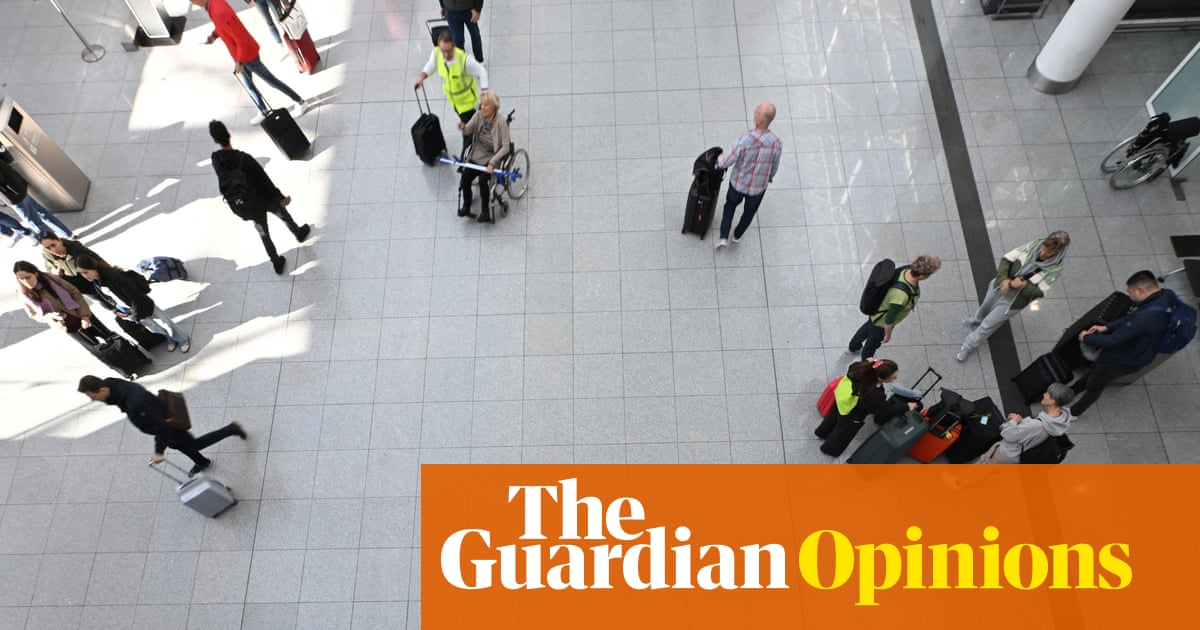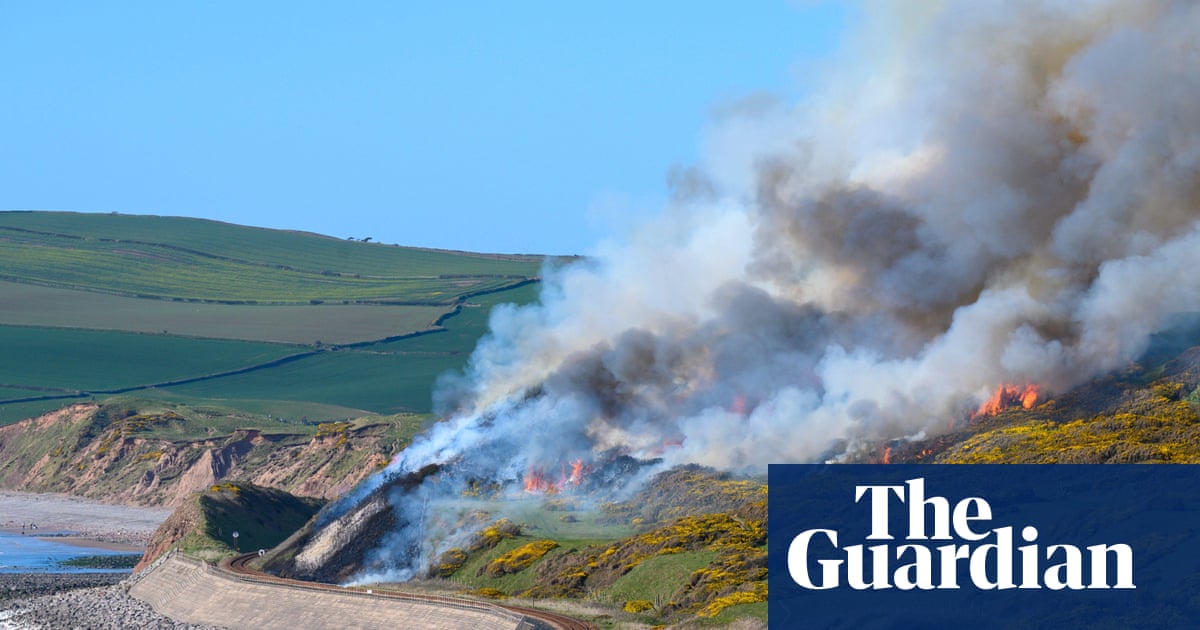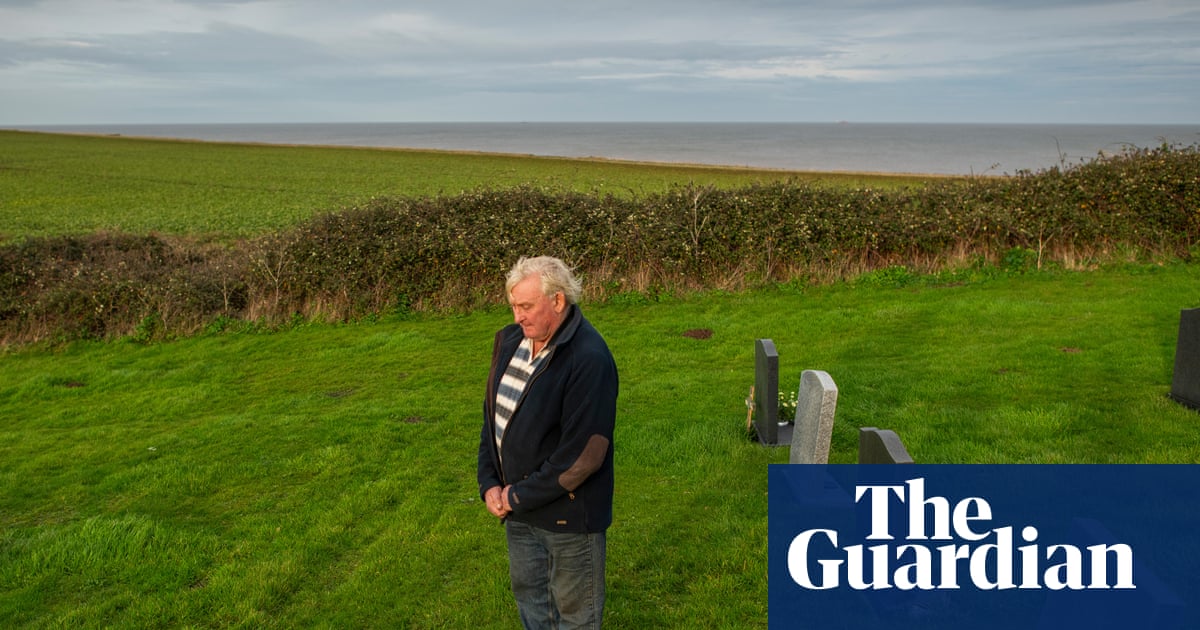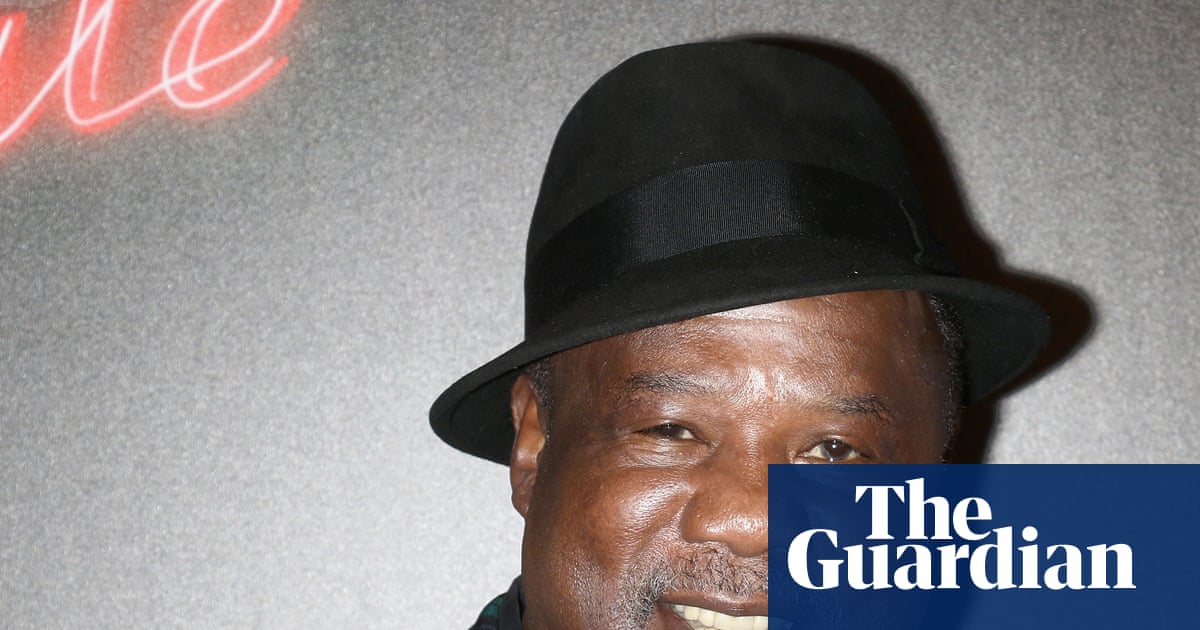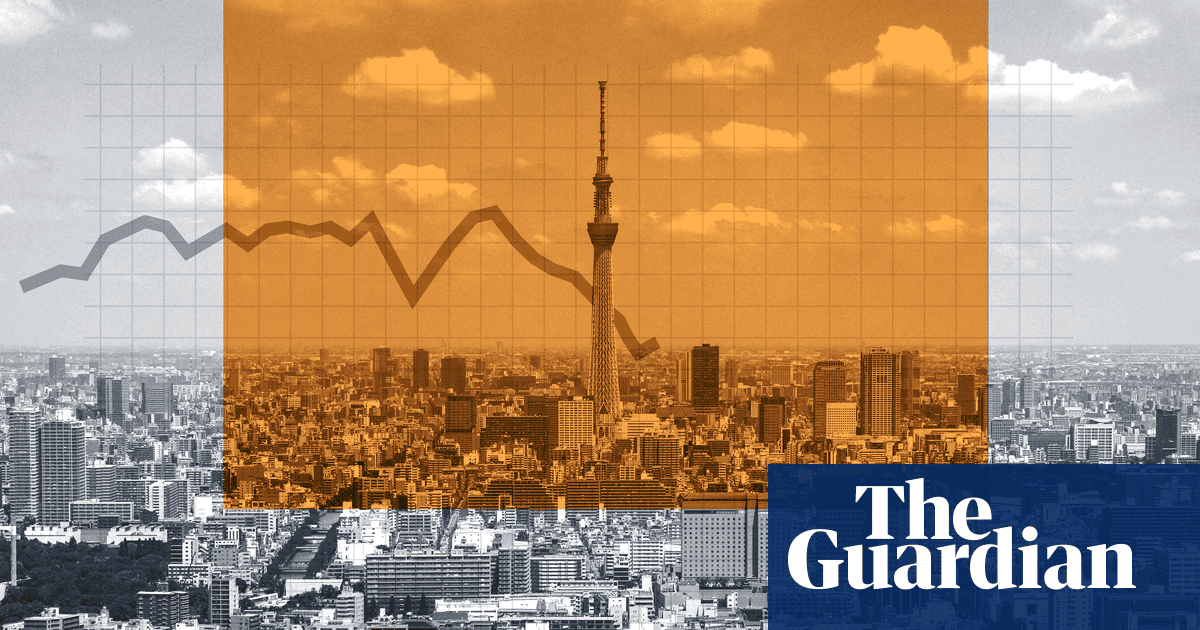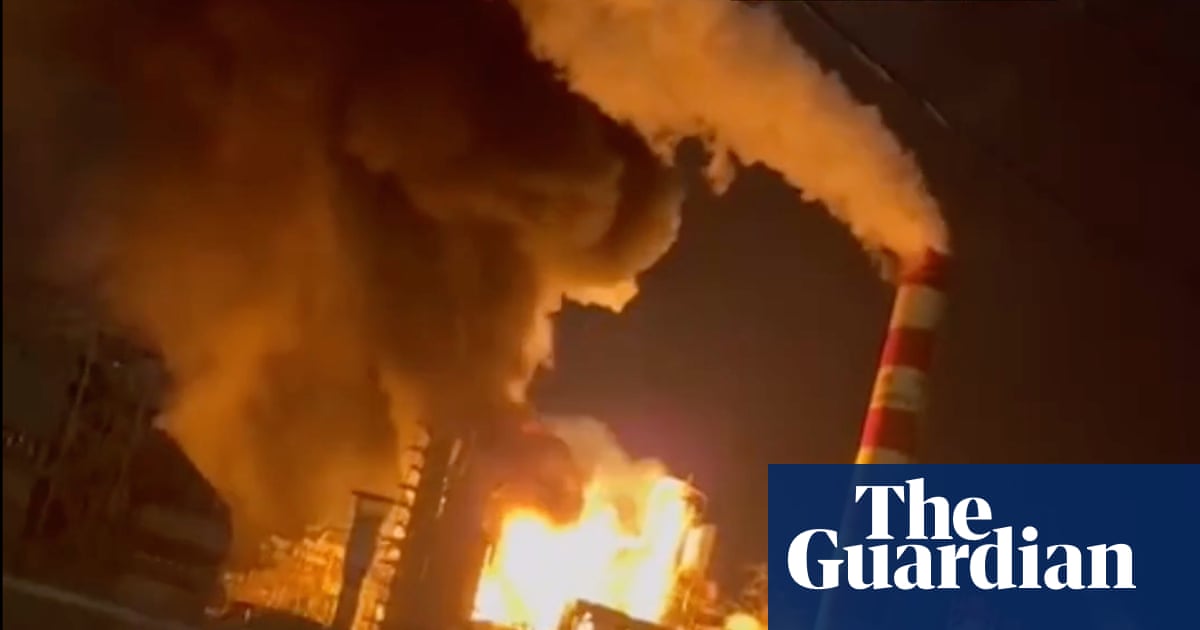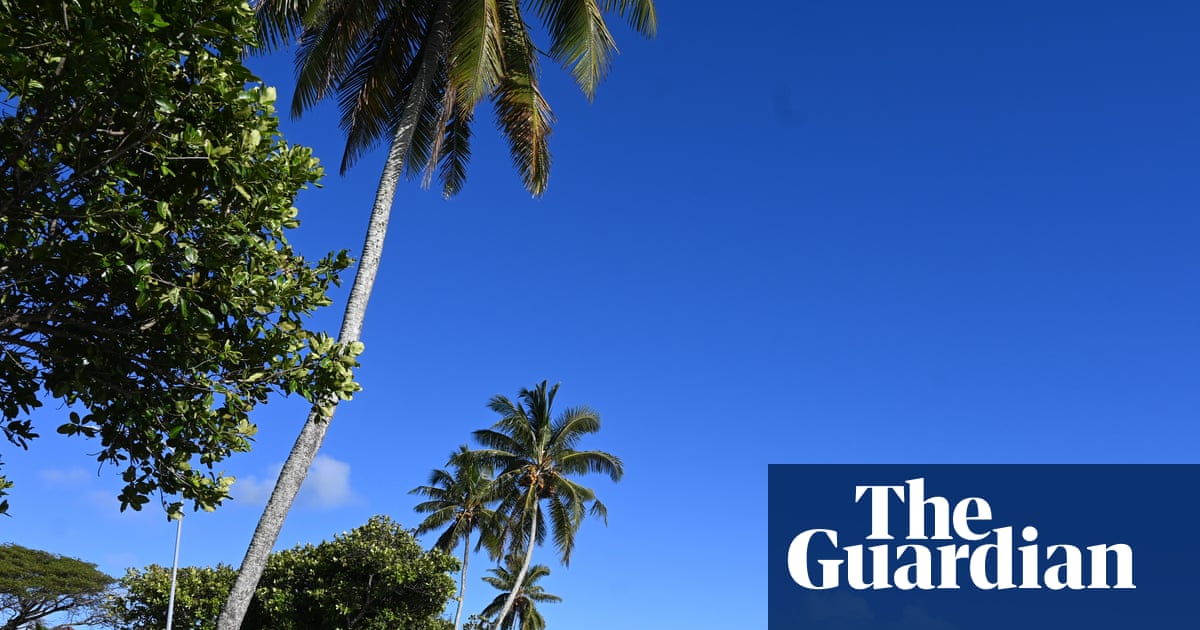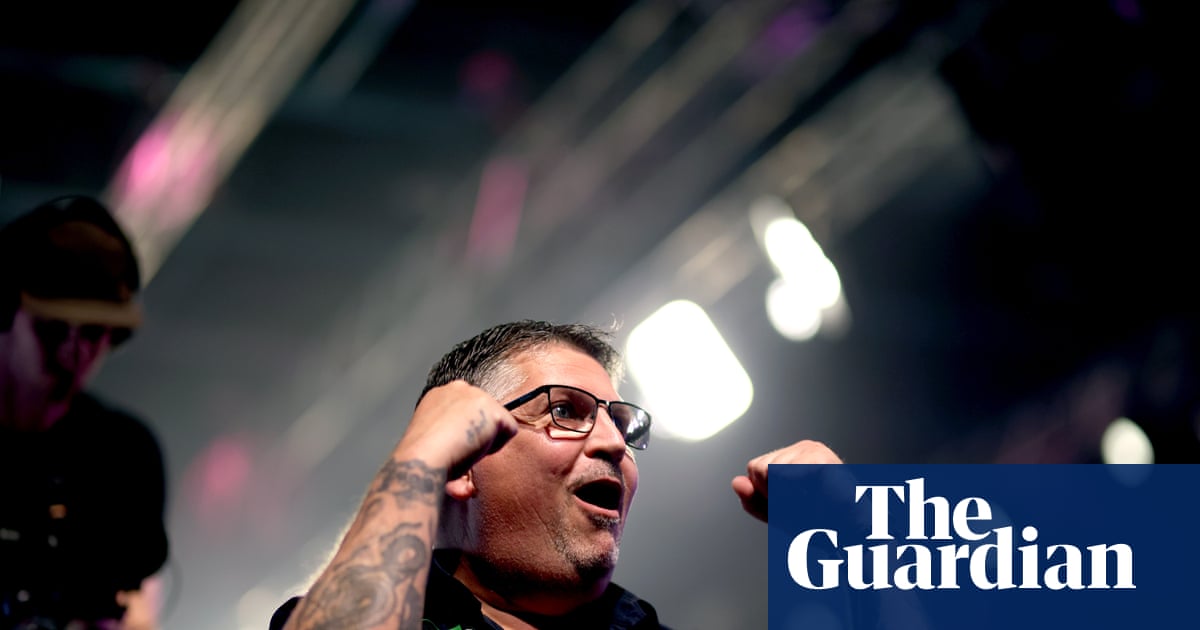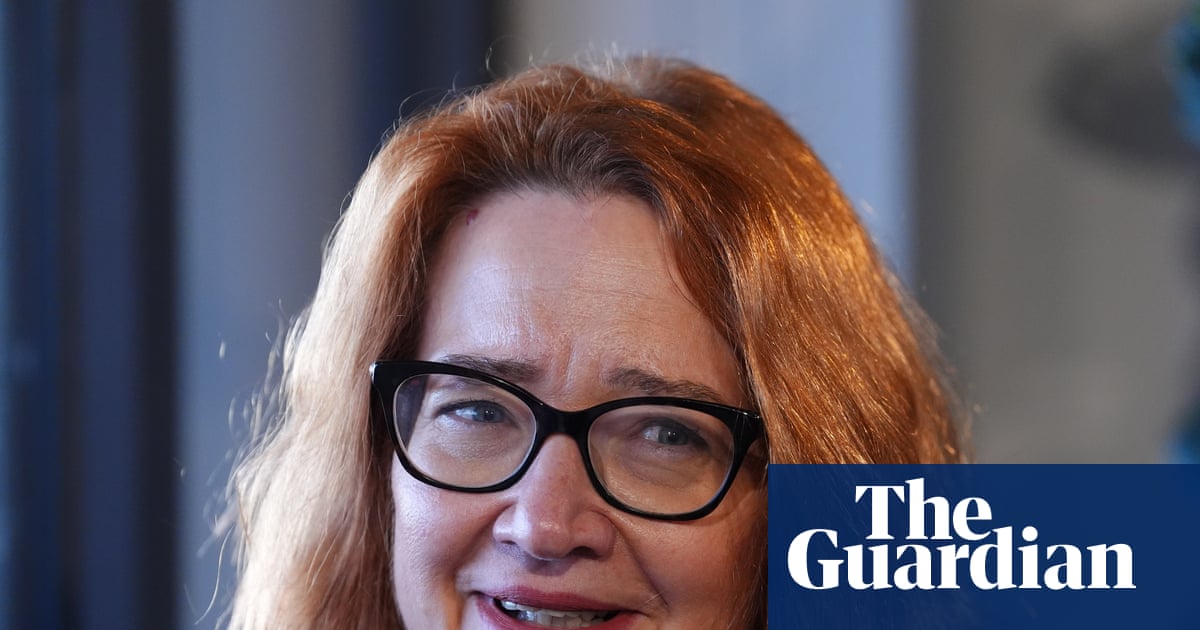The EU has been criticised for pausing sanctions against Israel’s government in response to Donald Trump’s peacemaking efforts in the Middle East, as the fragile ceasefire came under threat.
After meeting EU foreign ministers on Monday, the European foreign policy chief, Kaja Kallas, announced a pause on efforts to suspend preferential trade with Israel and sanctions against people responsible for fuelling the conflict on both sides.
The context had changed since the measures were proposed last month, Kallas said. Noting “divergent views”, she said ministers had agreed: "We don’t move with the measures now, but we don’t take them off the table either because the situation is fragile.”
Two former senior EU officials, speaking separately, criticised the decision not to move forward with sanctions.
Sven Kühn von Burgsdorff, a former EU representative to the Palestinian territories, told the Guardian that Kallas missed “the point” on legal accountability. “Sanctions are not just a measure to induce or coerce a third party to change or adjust its behaviour. Restrictive measures are part of the tools the EU has given itself to react to breaches of both European and international law,” he said.
The EU concluded in June that Israel had breached human rights obligations under their association agreement, which governs trade and cooperation between the two sides. Lawyers say the EU is also obliged to ensure policy is compliant with a non-binding opinion from international court of justice in 2024 requiring Israel to end its occupation of the Palestinian territories as soon as possible.
Burgsdorff co-organised a statement signed by 414 former senior diplomats and officials last week urging robust EU action “against spoilers and extremists on both sides” whose actions jeopardised “the establishment of a future Palestinian state”.
The statement welcomed the Trump plan, but noted that the question of Palestinian self-determination was only “vaguely addressed”.
Nathalie Tocci, a former adviser to two EU foreign policy high representatives, said it would be the worst possible outcome for the bloc to ditch sanctions.
“That is the last thing that we should be doing, because this is exactly the moment when you need to keep the pressure on. Because we all know that it’s certainly not a foregone conclusion that this plan will be implemented,” Tocci told the Guardian, referring to the first phase of Trump’s plan, which has been marred by violence, prompting a diplomatic scramble to shore up the agreement.
“I fear that … European governments and institutions, will be … reverting back to the sort of old, familiar patterns,” she added.
European leaders are to discuss the Israel-Gaza conflict at a summit on Thursday and have long been deeply divided on the Middle East. They are split between vocal advocates of Palestine, such as Spain and Ireland, and staunch allies of the Israeli prime minister Benjamin Netanyahu’s nationalist government, such as Hungary and the Czech Republic.
But massive protests within many EU member states against the death toll and suffering in Gaza, sparked proposals from the European Commission last month to suspend preferential trade and impose sanctions on individuals responsible for fuelling the conflict on both sides.
Senior EU sources have rejected an oft-repeated criticism that the bloc is “a payer, not a player” in the Middle East. This is a critique that refers to the EU’s role as largest donor to Palestinians – €1.5bn (£1.3bn) in humanitarian assistance since 7 October – but contends that the bloc is too divided to have peacemaking clout.
EU officials believe the bloc should be represented on Trump’s “board of peace”, reflecting its likely contribution to the reconstruction of Gaza. Officials also want the Gulf states involved in funding the estimated $70bn (£52bn) reconstruction costs of the two-year war.
The EU has welcomed the Trump plan, but in a leaked paper seen by the Guardian states the role of the Palestinian Authority and two-state solution could be “further elaborated”. The Trump plan, the EU document notes, “does not address the situation in the West Bank”.
Burgsdorff said it was important the EU was an active diplomatic player to ensure “the missing links” in the Trump plan were filled in, addressing the settlements on the West Bank and “working towards a credible pathway on a two-state solution”.
“We need to work on a very robust UN mandate, a mandate which allows international partners to field soldiers, security forces to ensuring or to ensure the security in the Gaza Strip,” he said. Egypt is expected to lead the international stabilisation force, with troops also mooted to come from Turkey, Indonesia and Azerbaijan.
EU leaders, who have praised Cairo’s role as a mediator in the conflict, are to meet the Egyptian president, Abdel Fatah al-Sisi, in Brussels on Wednesday.
The EU had an opportunity “to demonstrate to the world that we are moving beyond ‘paying’,” Burgsdorff said. “We need to move up the ladder and have political ambition.”
Claudio Francavilla, an associate EU director at Human Rights Watch, said European governments were still protecting Israeli authorities from accountability.
Responding to Kallas’ statement, he said: “What may have changed so far is the scale and the intensity of Israel’s atrocity crimes in Gaza; but its unlawful occupation and crimes of apartheid, forced displacement, torture and oppression of Palestinians continue unabated.”.

 2 months ago
48
2 months ago
48

